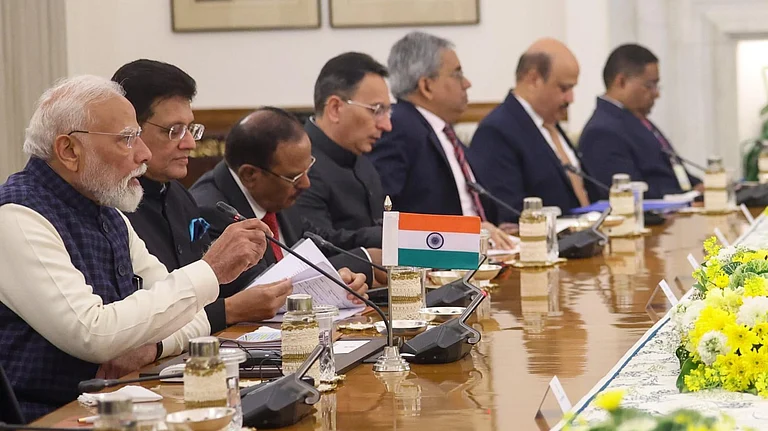BlackRock remains optimistic about Indian bonds despite worries in the market over PM Narendra Modi's slim election victory. While everyone was confident about BJP coming back to power with a massive majority, the winning margin was lower than expected as the party failed to cross the 300 mark.
Many took it as a negative sign since the formation of a coalition could potentially lead to increased populist spending.
Neeraj Seth, BlackRock's chief investment officer and head of APAC fundamental fixed income, reportedly stated that the coalition led by Modi is unlikely to stray from fiscal consolidation. And as inflation stabilizes, the Reserve Bank of India (RBI) will be able to pursue easing measures later this year, he told Bloomberg in an interview.
“It’s actually a good time to be long duration in India,” he said. “I wouldn’t change my view on the back of the election outcome.” Seth also expressed his preference for the more liquid seven-year and 10-year bonds.
On Tuesday, India's financial markets went haywire as it became clear that Modi's party had lost its majority in parliament.
According to Moody's Ratings, this result might delay economic reforms and hinder the fiscal consolidation process. The yield on the country’s ten-year benchmark bond surged by up to 12 basis points on Tuesday, the highest since October, before stabilizing on Wednesday.
Meanwhile, benchmark indices witnessed a sharp plunge of nearly 5 per cent on the election result day.
While there's a risk of increased spending, Seth believes a major departure from fiscal discipline is improbable given Modi's coalition still holds a majority. Post covid, BJP made strong efforts to reduce the deficit, lowering it to 5.6 per cent of GDP in the last fiscal year. For the coming years, the government is looking to reduce the figure to 4.5 per cent by 2025-26.
































